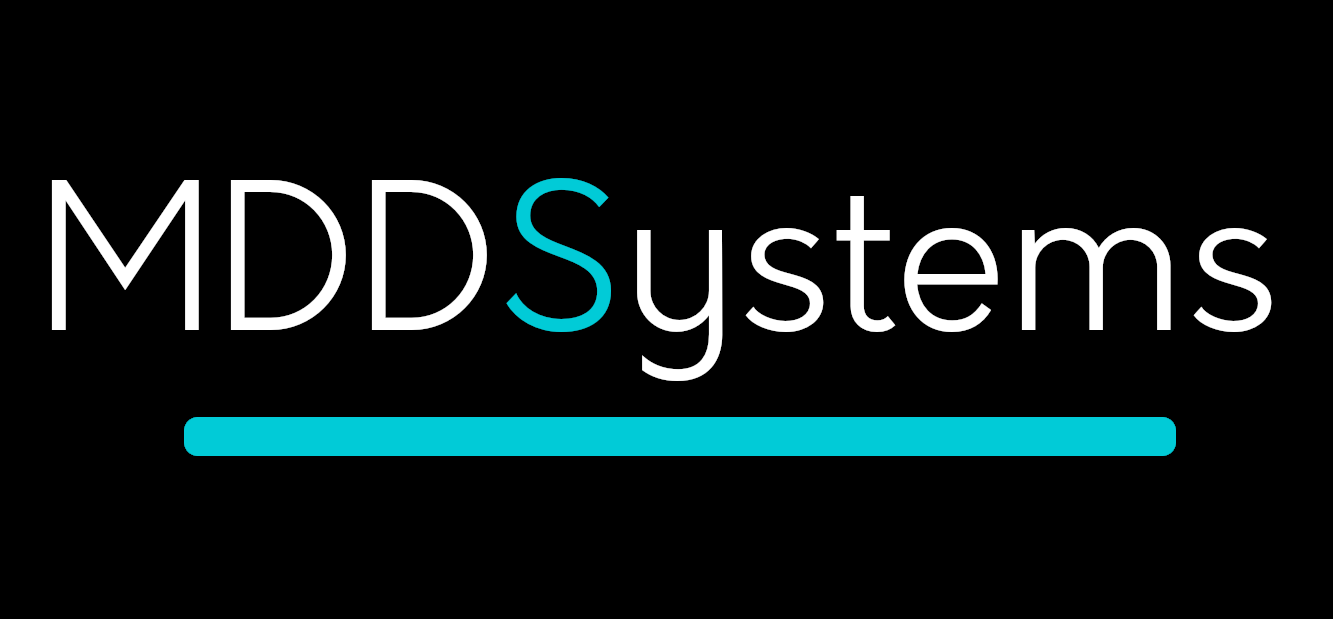Workshop Aim: the aim of this workshop is to identify issues that are occurring in the Monitoring and Control phase of projects. The workshop can also be used to train new Project Managers or to introduce a framework for managing projects.
Purpose of the phase: To empower project teams with the systems, metrics, and processes required to effectively monitor progress, manage risks, and take timely corrective actions — ensuring predictability and control throughout delivery.
1. Workshop Goals
By the end of this workshop, participants will:
- Define key project performance indicators (KPIs) for schedule, cost, scope, and quality.
- Understand and apply Earned Value Management (EVM) principles for tracking progress.
- Establish data-driven reporting dashboards and performance thresholds.
- Develop risk and issue escalation mechanisms for early intervention.
- Align leadership on performance review cadence and reporting standards.
2. Prerequisites
Before the workshop:
- Approved execution plan and baselines (schedule, budget, scope).
- Historical performance data (if available) from prior projects or early stages.
- Access to reporting tools or PMIS (Project Management Information System) if used.
- Existing risk and issue logs.
- Agreement on governance review cycles (weekly, monthly, etc.).
3. Workshop Structure and Content
| Segment | Duration | Activities | Outputs |
|---|---|---|---|
| 1. Introduction: From Reporting to Control | 30 min | Discuss how monitoring drives proactive management; review common pitfalls. | Shared understanding of purpose and challenges. |
| 2. Defining KPIs and Performance Metrics | 60 min | Identify leading and lagging indicators across scope, time, cost, quality, and risk. | KPI Framework and Data Dictionary. |
| 3. EVM and Variance Analysis | 60 min | Hands-on session applying Earned Value (CPI, SPI, variance tracking). | EVM Worksheet and Variance Dashboard. |
| 4. Building Dashboards & Reporting Cadence | 60 min | Design templates for dashboards, status reports, and governance packs. | Performance Dashboard Template. |
| 5. Risk Escalation & Early Warning Systems | 60 min | Define thresholds, triggers, and escalation routes for emerging risks/issues. | Risk Threshold Matrix and Escalation Protocol. |
| 6. Review and Action Planning | 30 min | Confirm metrics, assign data owners, and plan dashboard rollout. | Monitoring & Control Implementation Plan. |
Total Duration: ~5 hours (half-day to full-day, depending on depth of KPI design)
4. Workshop Deliverables
- Defined Project KPI Set (with formulas and thresholds)
- Earned Value Management (EVM) Worksheet & Guidance
- Performance Dashboard Template (schedule, cost, risk indicators)
- Risk Escalation and Issue Management Protocol
- Monitoring & Control Implementation Plan
5. Learning Outcomes for Participants
After completing the workshop, participants will:
✅ Understand the purpose and mechanics of monitoring and controlling processes
✅ Know how to design and interpret key project metrics (CPI, SPI, variance %)
✅ Be able to implement dashboards for transparent performance reporting
✅ Recognize early warning signs and apply structured issue escalation
✅ Gain the confidence to lead data-driven project reviews and corrective actions
